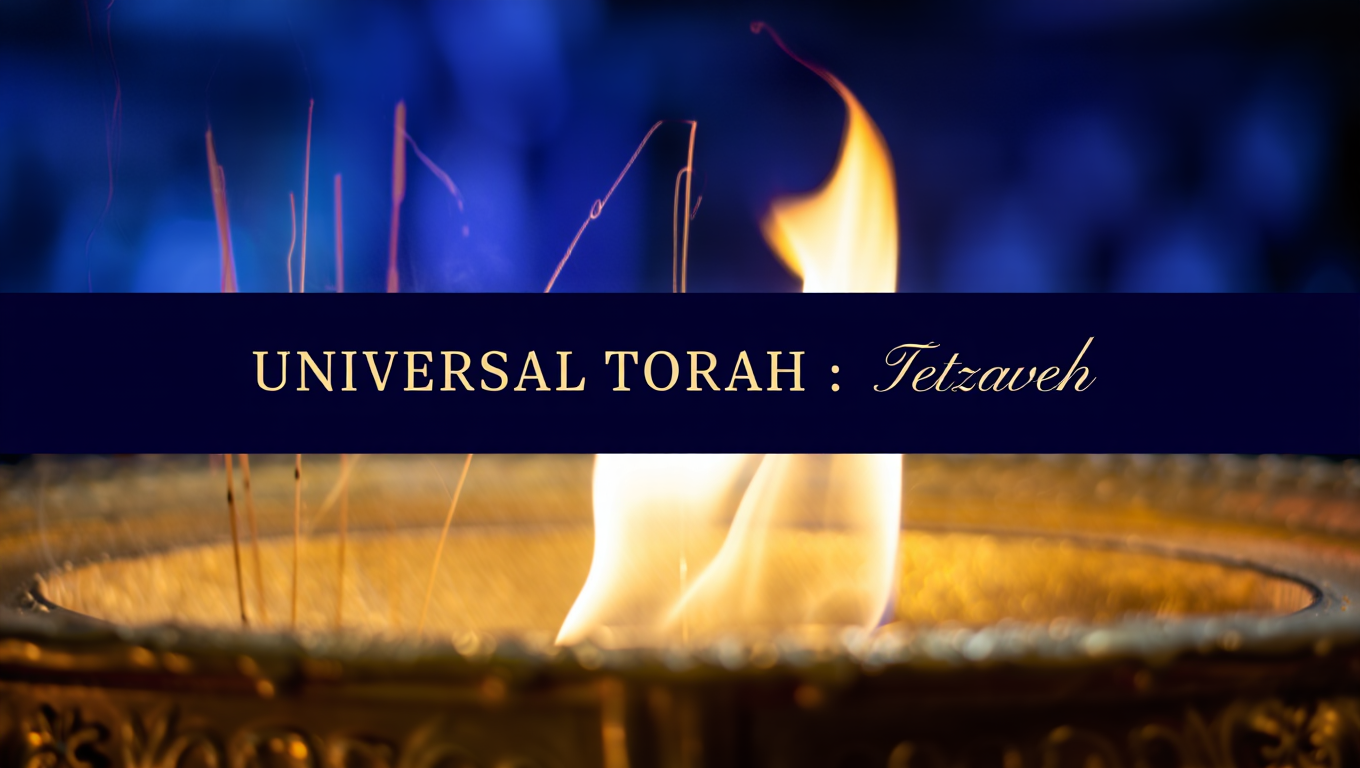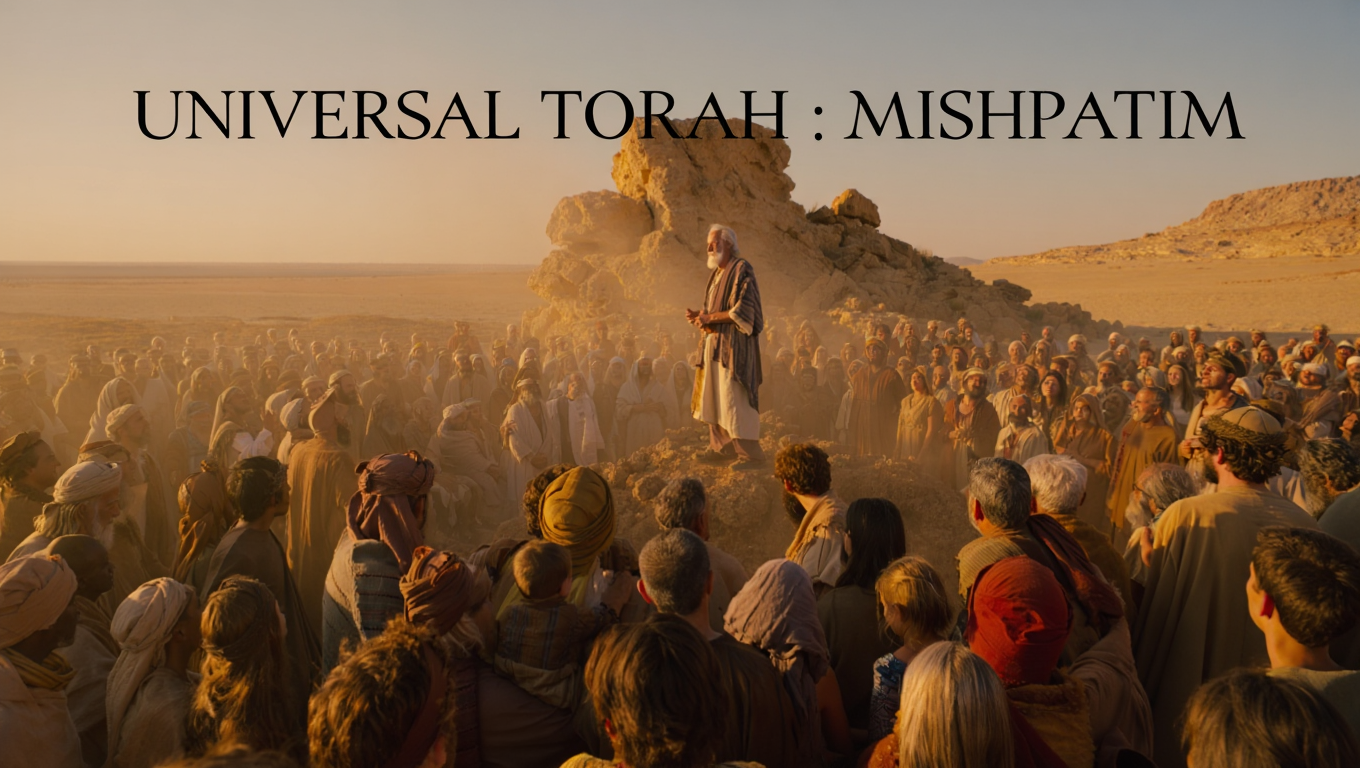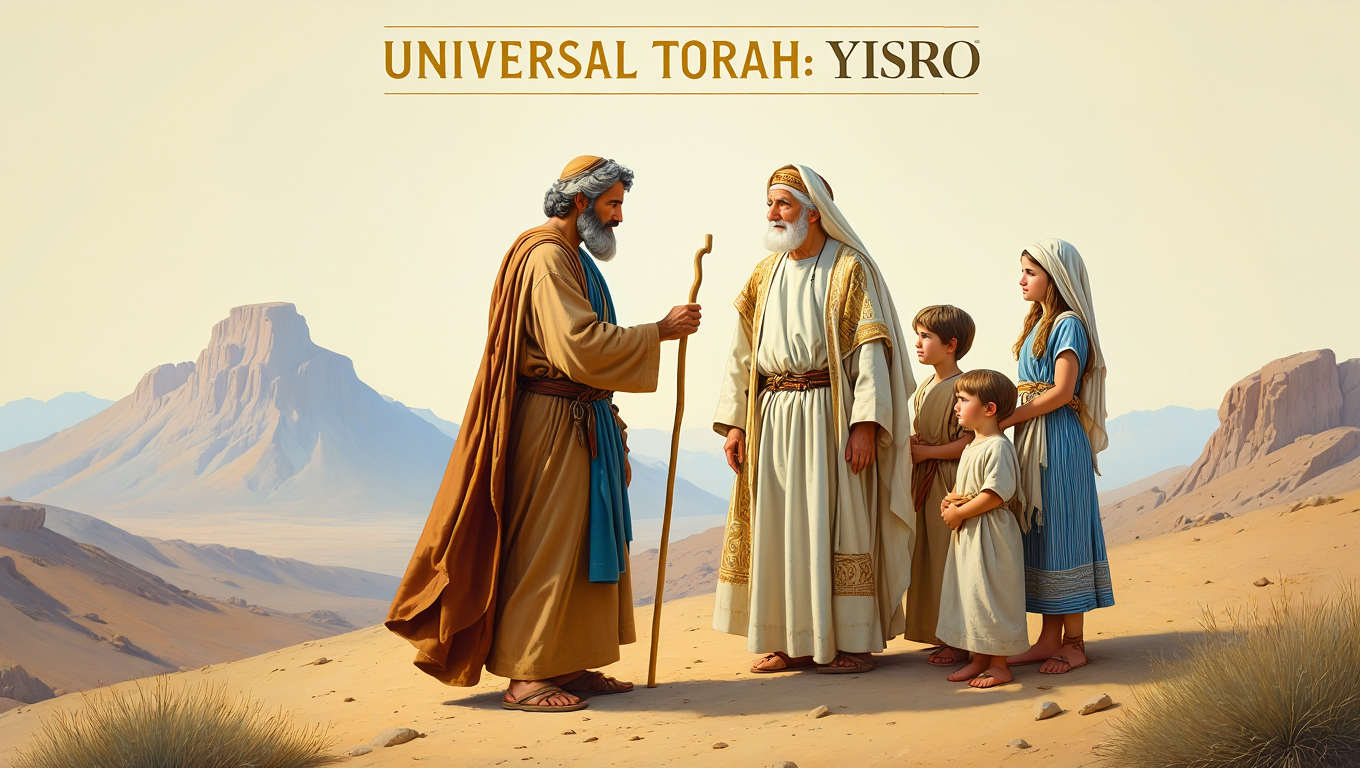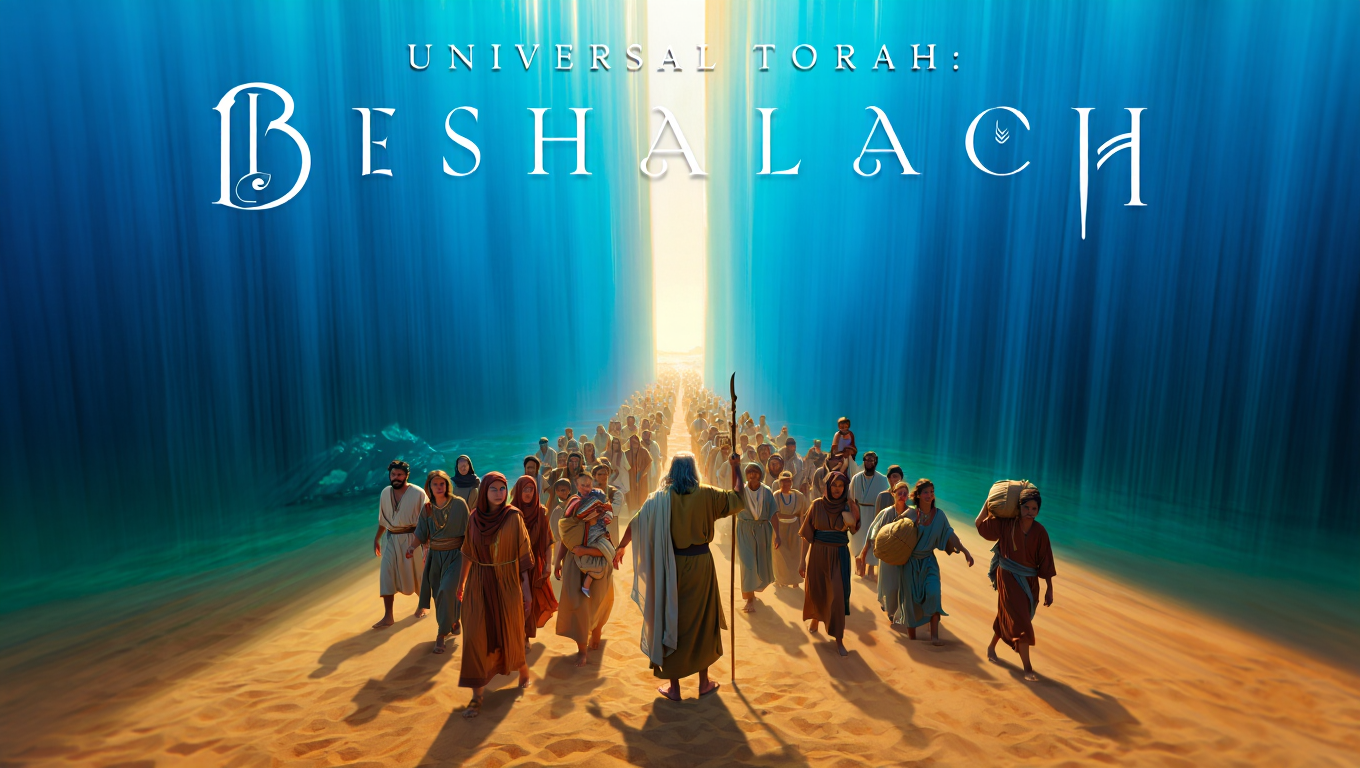The Secret of Cheshvan
Embracing the Quietness of the Eighth Month
Part of an ongoing series entitled Hidden Sparks Beneath the Surface
By Betty Tabor Givin aka Elisheva Tavor
In the past 60 days beginning with the 6th month, that of Elul…a month of introspection, we have been called upon to focus on t’shuvah, repentance, return and forgiveness…coming ‘face to face’ with ourselves, with one another, and with our Creator. As we worked on unlocking the chambers of our hearts, layer upon layer, going deeper and deeper, we were carried into the 7th month, that jam-packed month of Tishrei with even more of those hidden sparks beneath the surface for us to discover!
As we greeted the traditional Jewish New Year of 5782 with the High Holy Days…of Yom Teruah (Rosh Hashanah), amidst the plaintive calls of the shofar on the 1st day…and then with humble hearts embraced the following 10 Days of Ya’mim Nora’im (Days of Awe) leading up to what has been termed the holiest day of the year…the Awesome day of Yom Kippurim, the day of covering and cleansing …we finally reached the 15th day and under the beauty of the full moon we joyously celebrated the Festival of Sukkot and Shemnei Atzeret and rejoiced on Simchat Torah!
As we took leave of our permanent dwellings and spent time out in nature dwelling in our sukkahs, we remembered HaShem’s care over our ancestors in their wilderness wanderings in times past and we became more cognizant of the Indwelling and the Protection of the Divine Presence that is both within us and surrounding us in this day and time. It was a time where we were almost overcome by simcha, by pure joy as mentioned in Devarim, Deut. 16:16 where we are admonished to remain “ain sameach”, only joyful! And now we have come to the close of this wonderful High Holiday Season…and as we wind down, thoughts of what’s next begin to fill our minds.
For many of us, there is a sort of letdown feeling after the high of the High Holidays and we ask ourselves… where do we go from here? Yet at the same time, we have to consider the question, could we actually maintain that high of such joy? Most likely not, for HaShem had a plan…an orderly plan for the universe and all creation including us… which He put into place even before we were created.
From the Torah
“And HaShem said, let there be lights in the firmament of heaven to divide the day from the night, and let them be for signs, (otot) and for seasons (appointed times or mo’edim)and for days and years…” (Beresheit, Gen.1:14).
With HaShem there is no time…no past, present, or future…it is all one happening. But for us, time must be segmented and labeled so that we can process it in our finite minds. For this reason, He set up days, months, and seasons or special appointments so that we could meet and connect with Him.
So the month of Cheshvan comes to us in its designated time after the busyness of the High Holiday season. It is the 8th month counting from Nisan and the 2nd month- counting from Tishrei and it falls in the months of October or November on the Gregorian calendar. It is unique as it is the only month in which there are no festivals, no fast days, and no special observances, other than of course Shabbat.
But herein lies its significance…for it has its own special “spark,” hidden just beneath the surface as we shall discover. We pose the question, how do we transition from such a high to the mundane? What are we to learn? How are we to live as we take a step back from the high of the “High Holidays”?
There is a clue in the account of Jacob’s Ladder in Beresheit or Genesis 28 where the text tells us that Jacob/Ya’akov went to sleep and had this magnificent dream about a ladder reaching up to the heavens with the angels ascending and descending…and when he awoke, what did he do? He marveled at what he had experienced, but then he continued on his journey.
The Rebbe Sholom Dovber makes the point that after the Tishrei holiday season begins the period called, Ve Yaakov holoch le darko, simply meaning, “And Jacob went on his way.”
So we too can marvel and be grateful for all we have experienced during the Tishrei holiday…and then like Ya’akov, we too must go on our way, for we cannot remain in the past. Elie Weisel z’l, acclaimed author, Nobel Laureate and Holocaust survivor, speaks most eloquently to this concept when he says, “We do not live in the past but the past remains in the present.”
In this 8th month, we have an all-important task and that is to quietly unpack all the rich resources and treasures we have stored in our hearts along with all the sparks of inspiration we have discovered this past holiday season. As we unpack them, may we take time to remember and integrate them into our daily lives so that we, like Jacob, may continue on our journey equipped with new insights and a renewed sense of purpose.
At first glance, Cheshvan may appear like an insignificant month, but it actually has a secret. What is its secret and how do we connect to it? Before we uncover the secret, let us learn a little about the different names of the month and their meanings which will serve to provide us with some valuable clues.
A Bit of History about the Names of the Month
There are several names for this 8th month of Cheshvan. Prior to the Babylonian captivity, most of the months were simply called by their ordinal number or position on the calendar as in the days of the week…the 1st, 2nd, 3rd, etc. As we have stated previously, the month of Cheshvan is the 8th month of the year on the Biblical calendar beginning from Nisan and is the 2nd month of the year on the traditional Jewish calendar counting from Tishrei. But after their return, the Jews exchanged the simple numerical names of the months for the Babylonian names to which they had become accustomed and brought them back with them. Therefore the 8th month took on the name of Cheshvan.
It is noteworthy, however that the text referring to King Solomon completing the Temple (which of course was prior to its destruction and the consequential Babylonian captivity) reads, “in the month of Bul, which was the eighth month, the House (referring to the Temple) was completed…and he had built it seven years”( I Kings 6:38-7:1).
The word Bul is associated with the term Marbul, meaning flood, which makes perfect sense as it was in this same month when the great Flood during the days of Noach both began and ended. This month is also actually referred to as Mar Bul in rabbinic sources, for it is not only associated with flood waters, but also with the first raindrops of Cheshvan. In Isaiah 40 it is used figuratively in a comparison to the nations being as droplets of water from a bucket, ke’mar (The Book of our Heritage, Vol. 250-251).
Another name for this month is Mar-Cheshvan, with mar meaning bitter. The rabbis give several basic reasons for this name. The first has to do with the fact that there or no festivals or celebrations during this month, but rather a history of much suffering…the most pronounced suffering was the retribution of evil that HaShem took on the people when he brought forth the Flood. The second reason has to do with this month being associated with its “bountiful rains,” which normally fall at this season in Eretz Yisrael and are so essential for its survival.
We could speak about the flood and how HaShem sent it during this month of the year to cleanse the earth like a giant mikveh, or we could speak about Noach who is referred to as a righteous man before G-d in his generation, a man whose name means “comfort” in Hebrew; or we could speak of the promise of the rainbow and all it symbolizes including turning the bitter, “Mar” into the sweet…but beyond all that, we can learn much from just the very name of the month…even though it had its origins in Babylon.
What is the Secret of the 8th Month…Cheshvan?
When we speak of a secret, we normally whisper quietly. Chesh means silence… Listen…can you hear it… Ches shhh van. Van comes from the Greek as in yavan¸ which has to do with the intellect. Could we say that the poetic words of Psalm 46:11, “Be still and know that I am G-d,” speak rather profoundly to the meaning of the name given to this month?
Just as we needed a time to gear up in order to prepare for the Awesome High Holidays of Tishrei, we also need a time to wind down afterwards. In His perfect plan of ordering the times and the seasons, the days, months and years for our benefit, HaShem in His beneficent omnipotence gave us this amazing 8th month, the month commonly referred to in Judaism as Ches shhh van…a month of quietness and tranquility, a month of silence and meditation, a month of winding down.
Silence as an indication of tranquility is seen in I Kings 19:11 in the story of how Elijah, after searching for HaShem, discovered where He was and how He could connect to Him…first there was a mighty wind, then an earthquake, then fire; but HaShem was not in the wind; He was not in the earthquake nor was He in the fire. Where was He? He was in the “still small (thin) voice”… in the silent place, “the secret place of the Almighty” spoken of so poignantly in Psalm 91… the quiet place…the “hiding place” referred to in Psalm 32:7. The good news is we can find Him there too, for that special place of comfort where we can dwell under the “Shadow of His Wings” is available to all of His children who are seeking Him with all their hearts.
The Dichotomy of Life
When we cry out to HaShem, we are assured that He hears (Psalm 40:1). The heartfelt passage of Rachel weeping for her children comes to mind as a vivid example. Her bitter cry can be heard through the ages. The prophet Jeremiah describes these poignant words: “A voice was heard in Ramah, lamentation and bitter weeping, Rachel weeping for her children>” She refused to be comforted,” because they are not.” (The Hebrew actually says, “he is not”). HaShem’s loving response follows…He tells her to “refrain from weeping because her children will return”…(Jeremiah 31:14-16).He was there for Rachel and He is here for us!
Cheshvan or Mar Cheshvan as it is sometimes called, also signifies a time of bitterness as indicated from the Hebrew word mar meaning bitter. Jewish tradition says that it was this month in which our beloved Matriarch Rachel died as she was giving birth to her son Benjamin whom she named “Ben oni,” son of my sorrow. Jacob buried her there on the side of the road on the way to Bethlehem. These references to Rachel speak of her tears, her bitterness, yet there is this hope filled promise in the words of HaShem to His daughter, Rachel.
Think of the shofar…from our lips to G-d’s ears. Remember the different sounds emanating forth from it? The cries of the shofar are as different as are our cries to HaShem…a long wailing cry, a halting cry, a broken, shattered, almost panicked cry…Shema Koleinu Hear our voice HaShem! Hear our prayer!
Prayer, depending on the mood of the one praying, has been referred to by Rabbi Menachem Mendel as “upright kneeling, silent screaming and motionless dancing”…each a part of the emotional strata of the human condition at any given time…sometimes we are up and sometimes we are down.
Sometimes we laugh and sometimes we weep…sometimes outwardly and sometimes inwardly; but often we choose to hide these emotions, to lock them all up inside…both the joy and the pain. And sometimes these emotions collide with one another. The words of poet Ann Weems eloquently speak of these colliding emotions: “Lamenting and laughter sit side by side in a heart that years for the peace that passes all understanding” (Psalms of Lament, p.xvi).
King Solomon puts this concept most eloquently –“To everything there is a season, and a time to every purpose under the heaven”…”a time to weep and a time to laugh; a time to mourn and a time to dance;”….”a time to keep silence, and a time to speak”(Ecclesiastes 3 verses 1,4,7.
When we really cry out to HaShem, it is often the silent screaming for the deepest pain coming forth from our hearts is a voice that cannot be heard by the human ear…. When we let it all out and give it completely to Hashem, we finally come to a point where there is no more resistance… there is a different kind of silence that comes…it is a silence that comes with peace and tranquility…King David says it best in Psalm 131:2,”Surely I have stilled and quieted myself, like a weaned child beside his mother; my soul within me is like a weaned child.”
But we have a choice to make, as expressed in the following poem that I penned a few years ago.
“We laugh, we cry, we mourn, we dance
Do we live by faith, or just by chance?
We struggle, we fall, we learn, we grow,
We plummet down to the depths below.
We rise, we fall, we soar so high,
It’s as if we’ve reached the sky!
With every breath and step we take,
We know that there’s a choice to make.
We laugh, we cry, we mourn, we dance.
Will we live by faith, or just by chance?”
Rav Moshe Cassuto in his teachings speaks of t’shuvah da’at which literally translated means “return to knowledge,” return to what you know… settle your mind and be at peace, for when you do, you will experience the awesome gift of t’shuv da’at, a “settled mind!” The words attributed to King David come to mind here: “When my cares within me were many, Thy comforts would cheer my soul” (Psalm 94:17). “Thou hast made the most High thy habitation” (Psalm 91:9).
This is the message of Chesh shhh van, or Mar Chesh shhh van. It can be bitter (mar) or sweet, or both, for life is a paradox. It has its sorrows and its tears but it has its blessings as well, and often the two run concurrently. Our tears are cleansing and our sorrows give us the opportunity to grow and become stronger and more resilient. Cheshvan is a time to meditate …to be stilled and a time to be quiet. “In quietness and confidence is your strength” (Isa. 30:15).
This 8th month, the month of Cheshvan, takes on so much more meaning when we consider all these aspects. We recall from the last article that the number eight is a unique number with a special significance. Following the number 7 which stands for completion, for Shabbat and rest…comes the number 8 which is indicative of a new dimension…beyond space and time…it takes us into eternity…into a New Beginning, leading us into the secret place, the hiding place of the Almighty of Psalm 91.
It is the place where we can practice the simple art of being able to be quiet and listen to what is being communicated … it is where we can hear ”the still small voice of Hashem” and discover more of those hidden sparks beneath the surface that our loving Creator has so graciously left for us to incorporate into and to enrich our lives
With these thoughts in mind may we take time each day this month to stop doing and just “be.” May we contemplate and listen so that we may connect to the silence that lies deep within each of us and let it carry us forward into the months ahead. “Be still and know that I am HaShem” (Psa. 46:11).
Make Him where you live and be blessed…Baruch HaShem!
Happy Rosh Chodesh Cheshvan!







